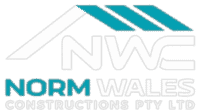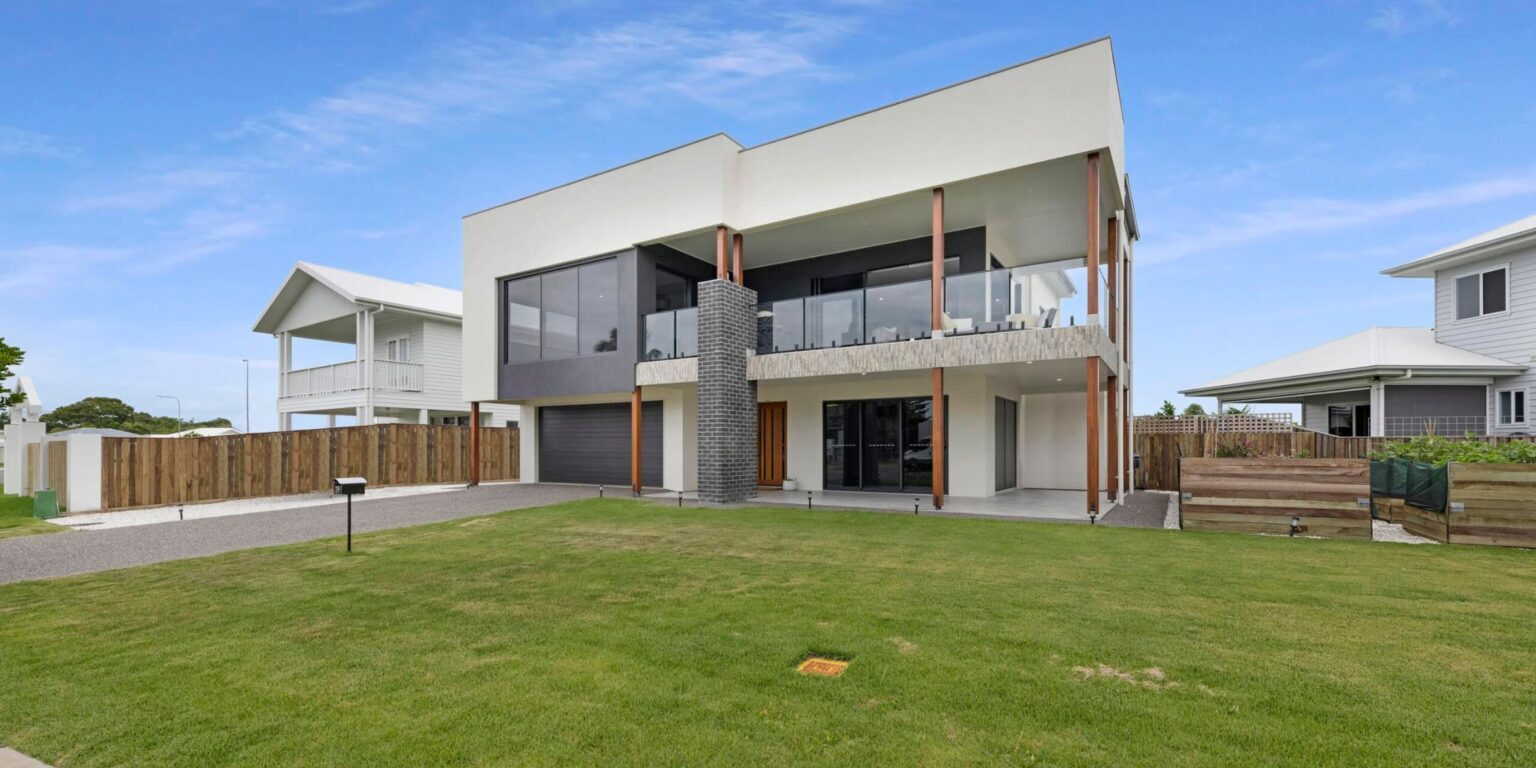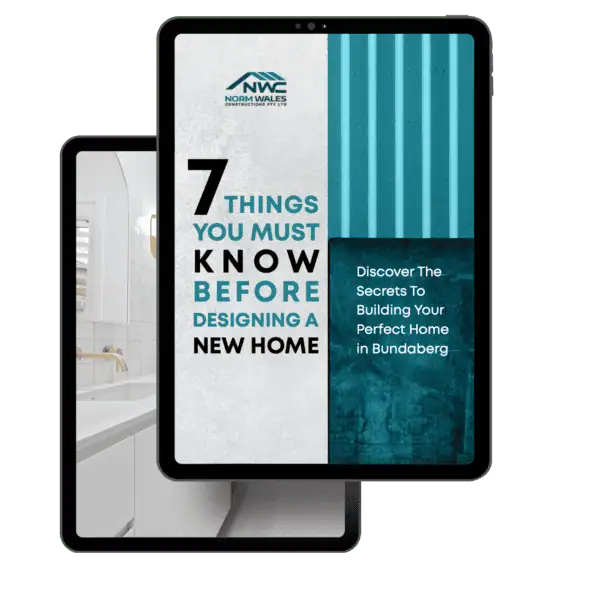You’re halfway through your build when it all just stops. No trades. No materials. No progress. You ring your home builder — no answer. You send an email — nothing. Then you hear it: they’ve gone under.
And now you’re at the mercy of home warranty insurance. You don’t get a say in who takes over the build. You get whoever your insurance company gives you.
Not ideal, right? So how do you stop this from happening to you?
Well, no home builder is going to tell you, “Hey, I’m going under tomorrow.” (To be honest, some of them don’t even know they’re about to go under.)
But there are warning signs. Early red flags.
Here’s How To Spot a Dodgy Situation Before You Sign
Sign #1: Talk to their suppliers and trades. If a builder is struggling, their suppliers and subcontractors will know before anyone else. Go around to the trade shops and ask, “What are they like to work with? Do they pay their bills on time?” Some builders go from one supplier to the next supplier to the next supplier because they haven’t paid the bills at the first supplier. If you’re hearing that, run.
Sign #2: Check their job sites. If their sites are stagnating while others in the area are pushing ahead, that’s a sign they’re in trouble. It isn’t usually because they can’t get trades; it’s because they can’t pay them. The trades aren’t rocking up on site because they know they’re not going to get paid until the builder’s next job’s deposit comes in. That’s why you see these half-finished sites just sitting there — because they’re robbing Peter to pay Paul.
Sign #3: Test their communication. Do they return your phone calls? Do they return your email? If you’re already chasing them up before you sign, imagine how bad it’s going to be once they actually start your build. A good home builder has structures and systems in place — like CRMs and job management software. They keep you in the loop with progress updates, stick to timelines, and don’t spring surprise costs on you at the last minute.
Sign #4: Ask about their finances. Do they audit their business? Do they actually know how many jobs they have running and whether they have the cash flow to keep things moving? If you ask a home builder about their numbers and they fumble for an answer or brush it off, that’s a red flag. Some builders just throw out invoices and hope for the best, constantly chasing their tail and scrambling to stay afloat. A builder who understands their finances is keeping track of every dollar and keeping the build moving.
Sign #5: Watch for builders desperate for deposits. If a builder is in trouble, they aren’t just looking for work; they’re looking for cash. They’re signing contracts just to get deposits rolling in so they can cover old debts. If they’re offering a ridiculously cheap price, pushing you to sign on the spot, or being vague about where your deposit goes, it’s because they need that money to stay afloat. Solid home builders have structured payment milestones, too. They won’t hit you with random cash requests halfway through the job.
The Bottom Line? Do Your Homework Now, or Pay for It Later
The time to ask these questions is before you sign — not when you’re standing in front of a half-built house wondering what went wrong.
But financial stability isn’t the only thing that makes or breaks a build. That’s why we’ve put together this free guide for you to download:
7 Things You Must Know Before Designing a New Home
It’s packed with insights to help you pick the right home builder from day one — so you can avoid the stress, the delays, and the dodgy work that catches too many homeowners off guard.
—
Learn more about the story of Norm Wales.
Norm Wales Constructions are proud APB and MBA members.



